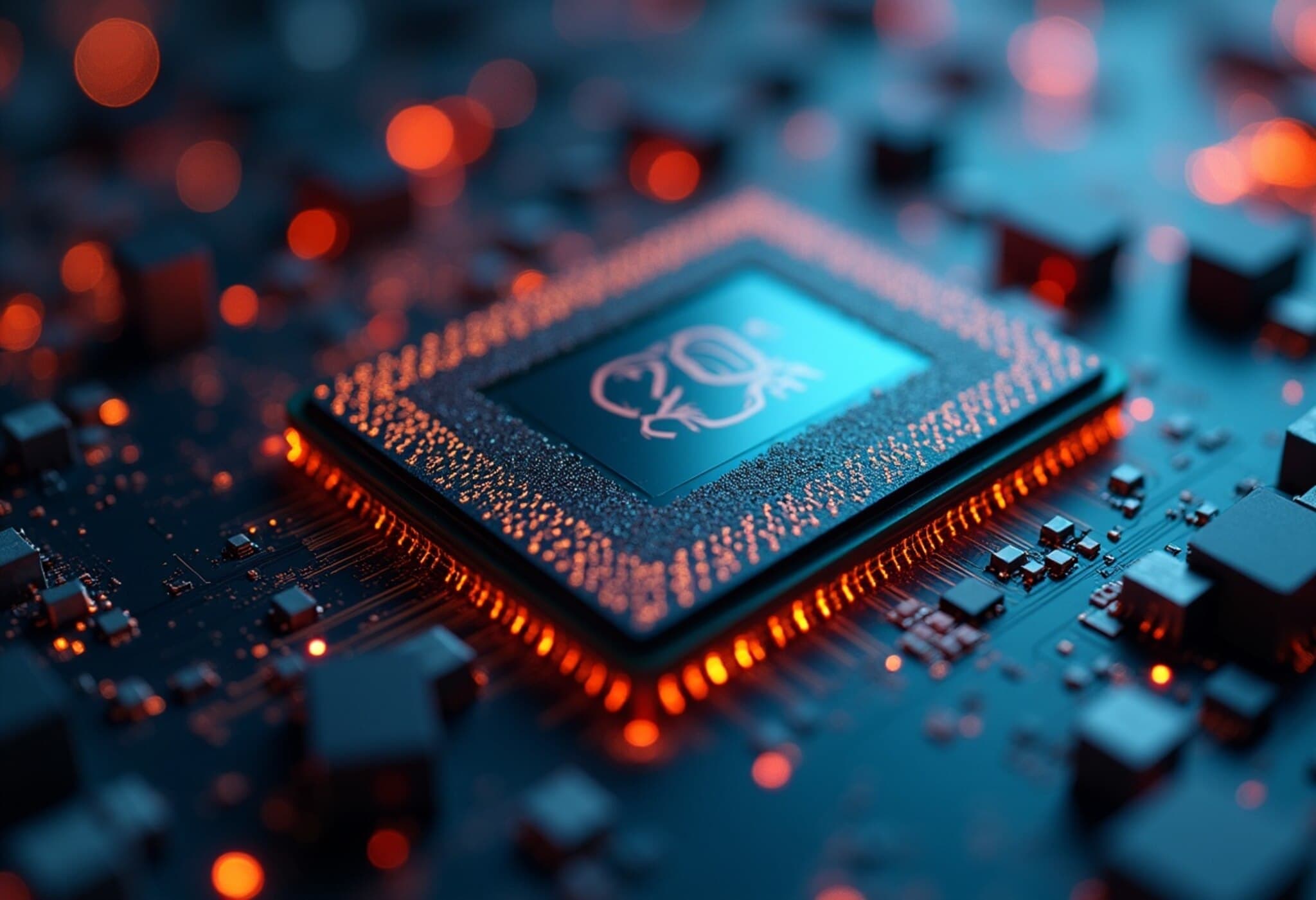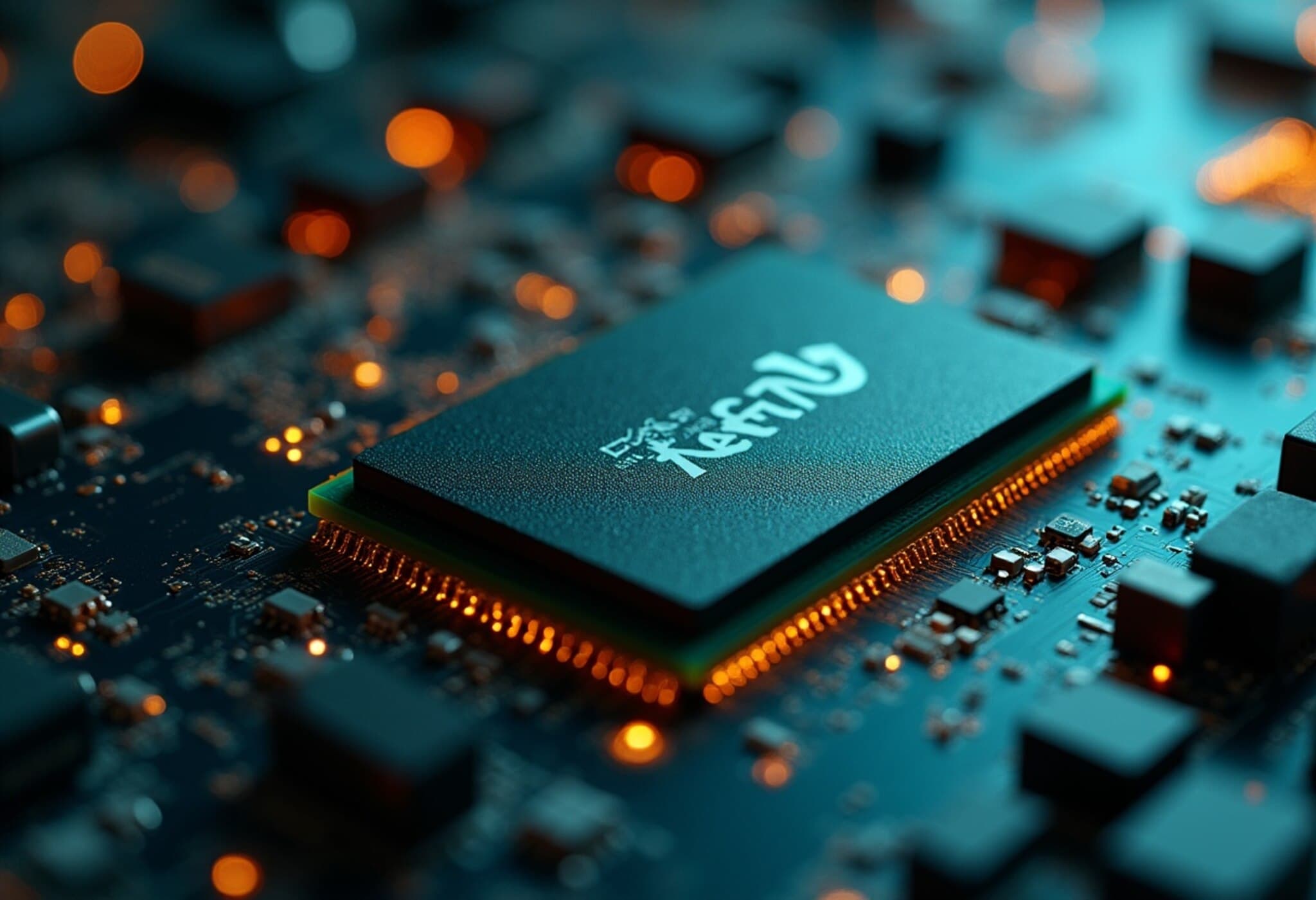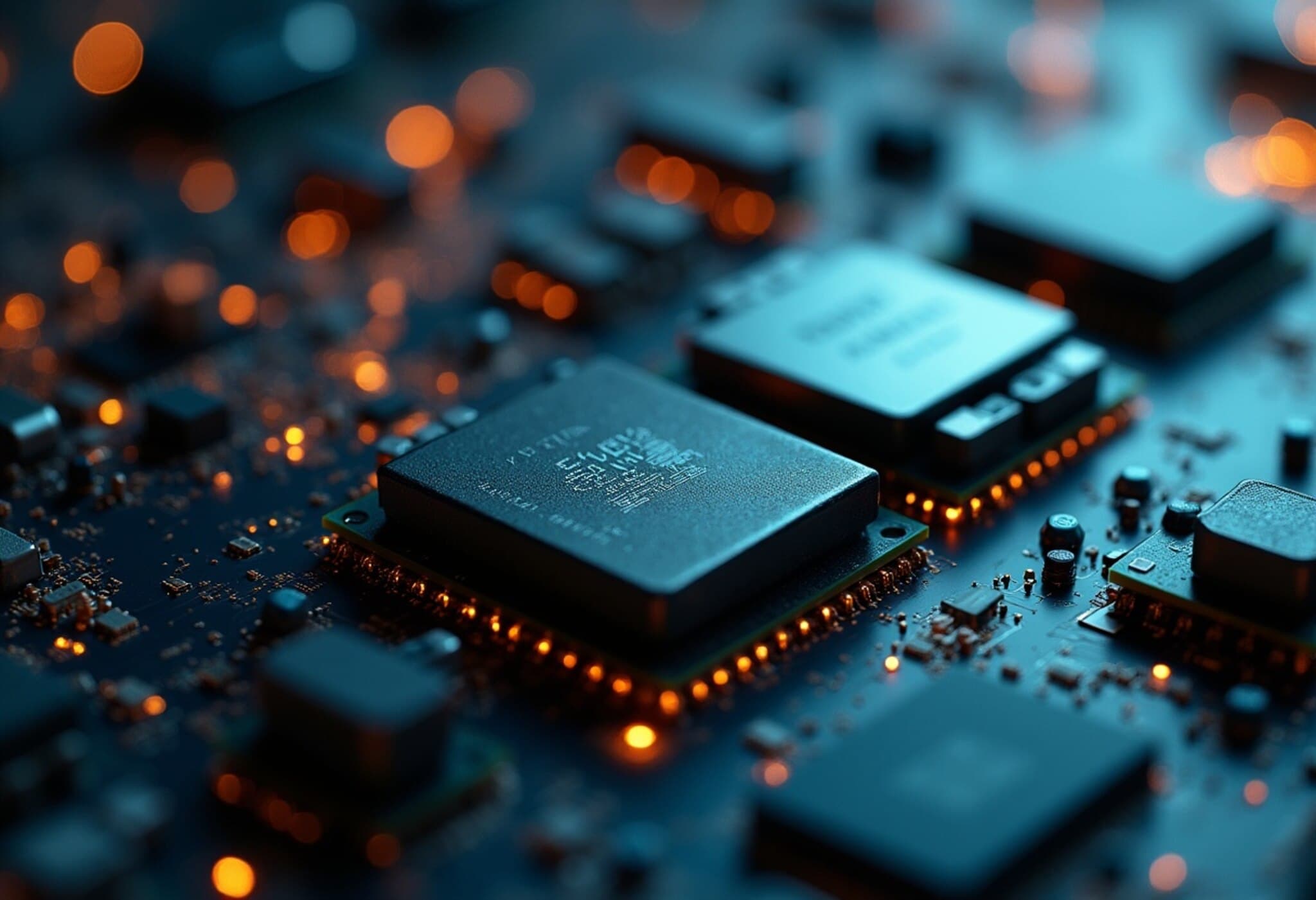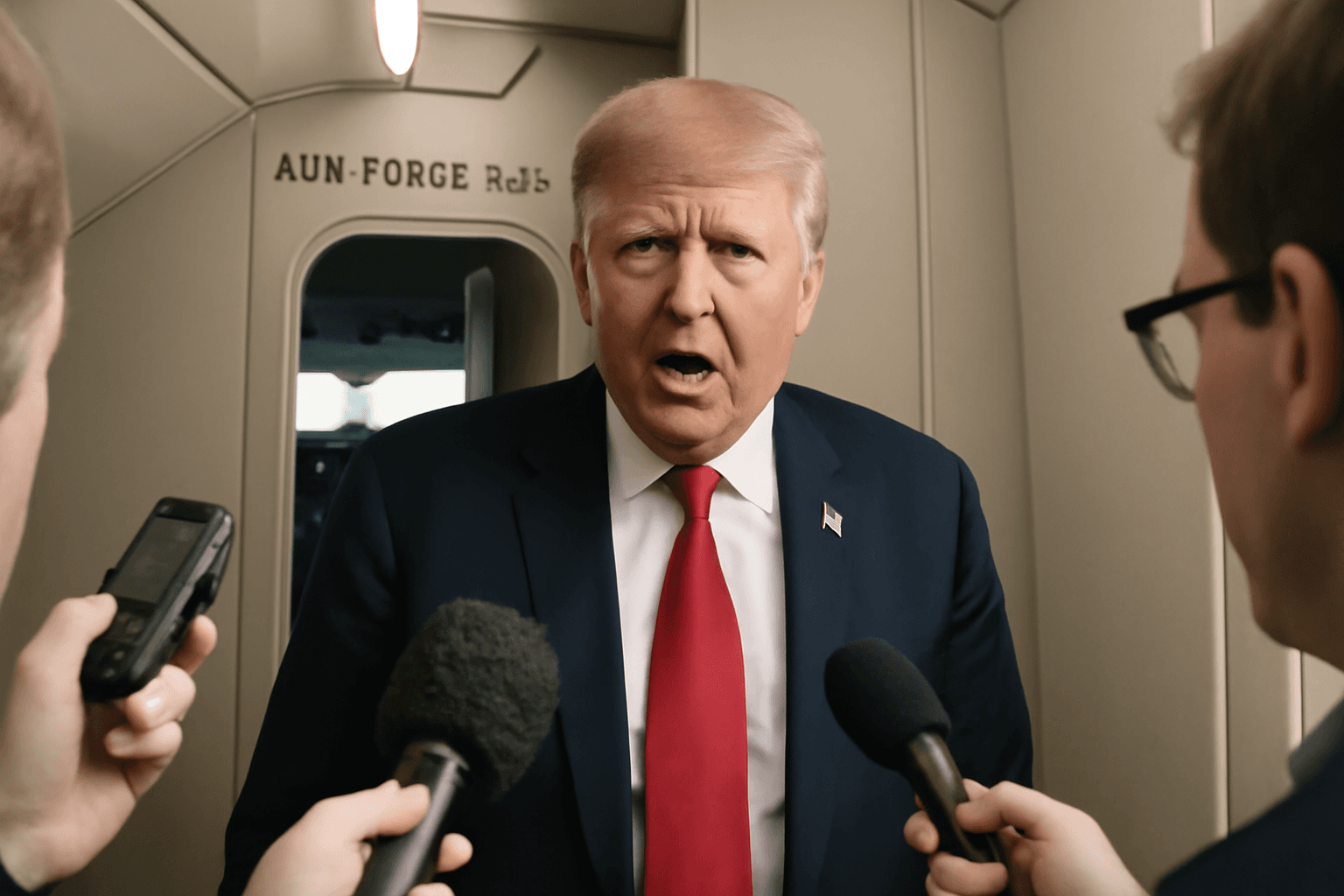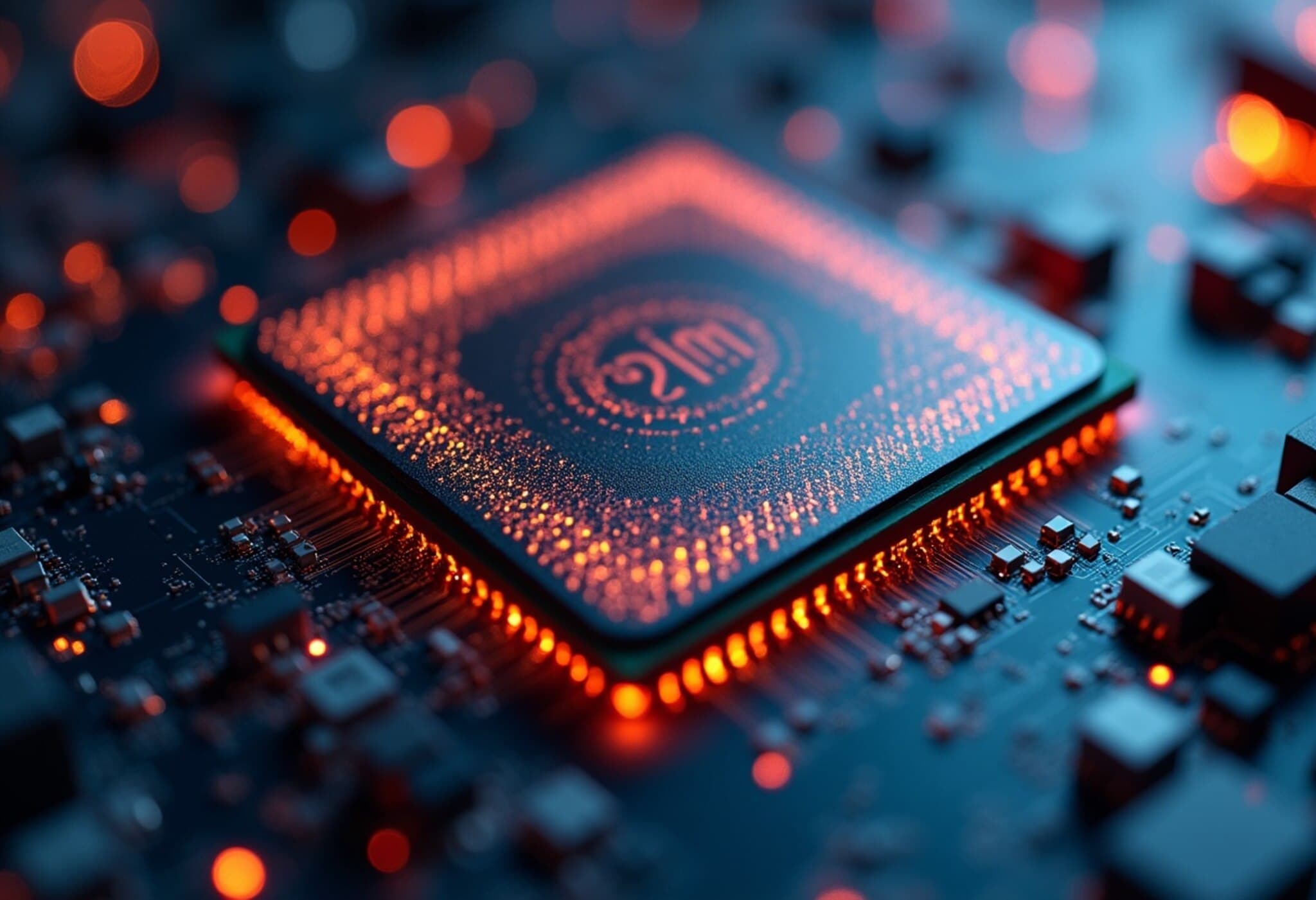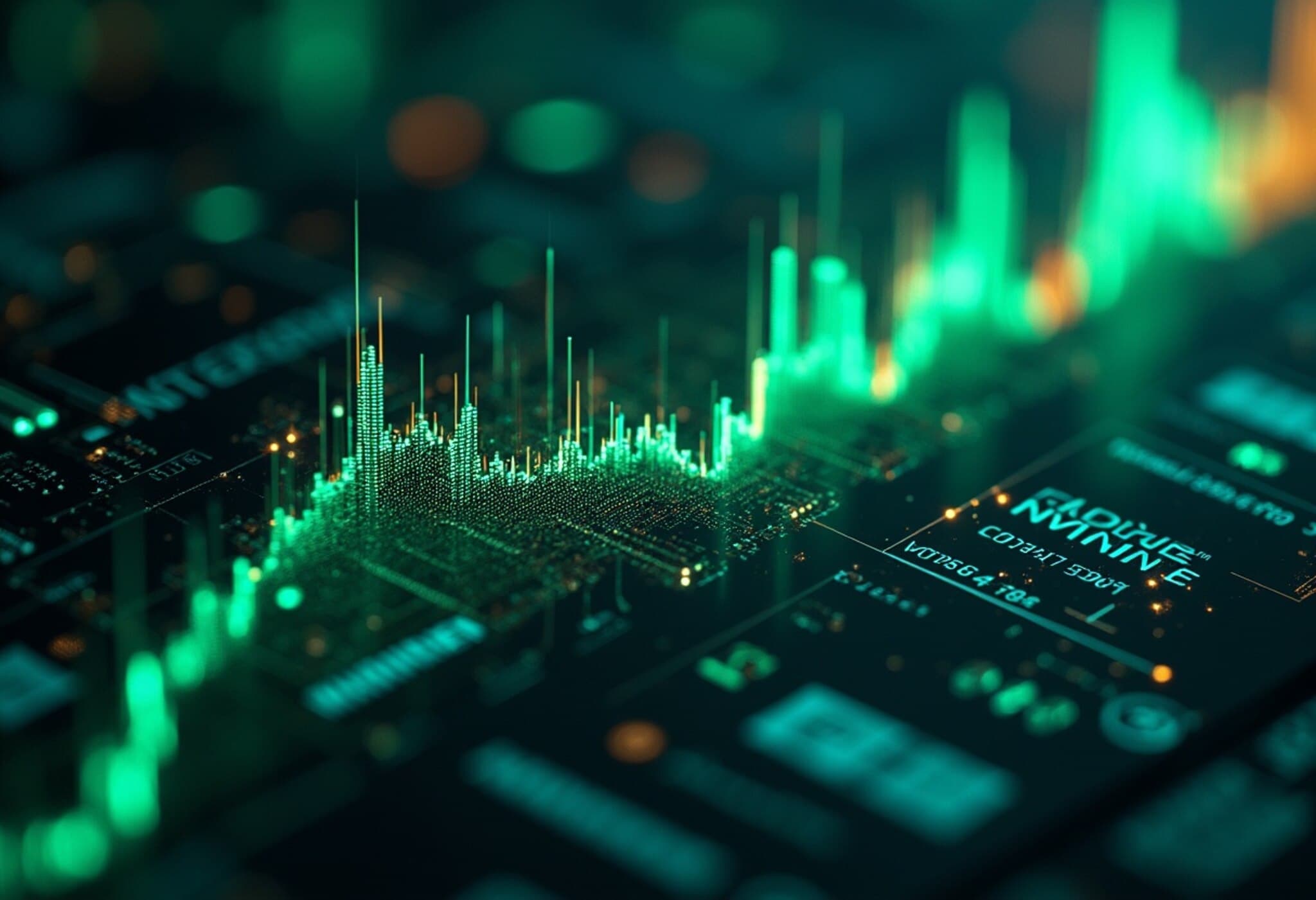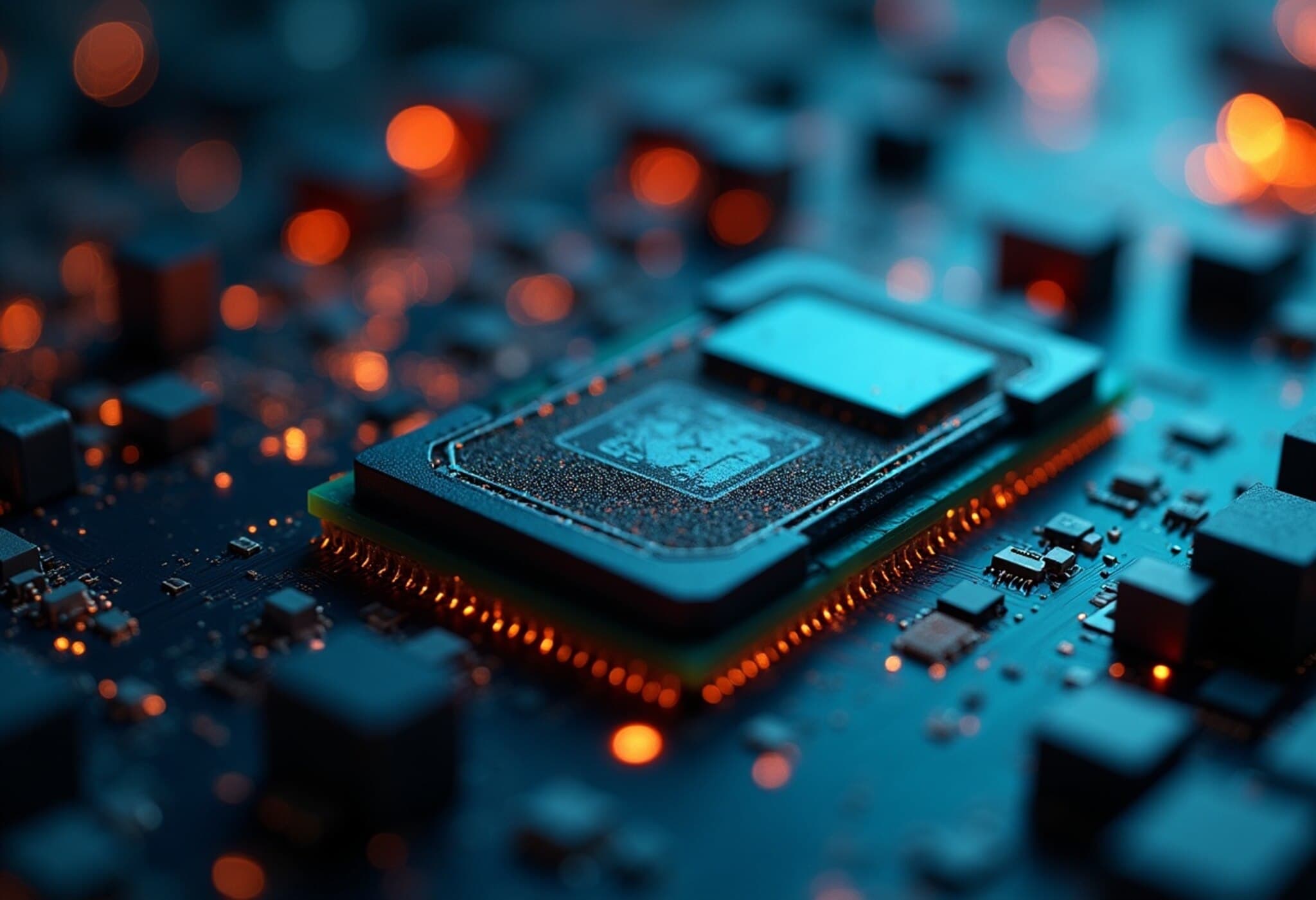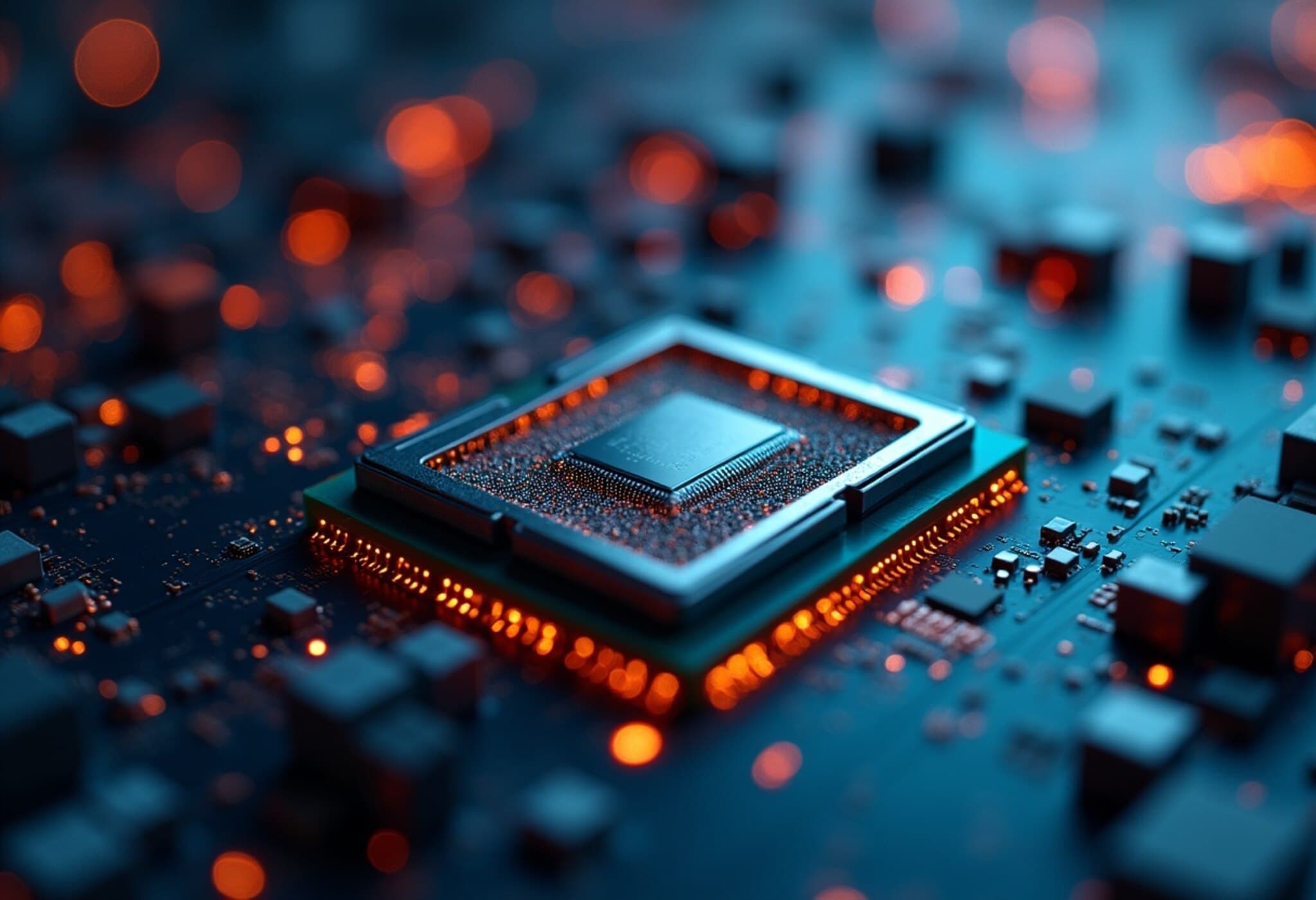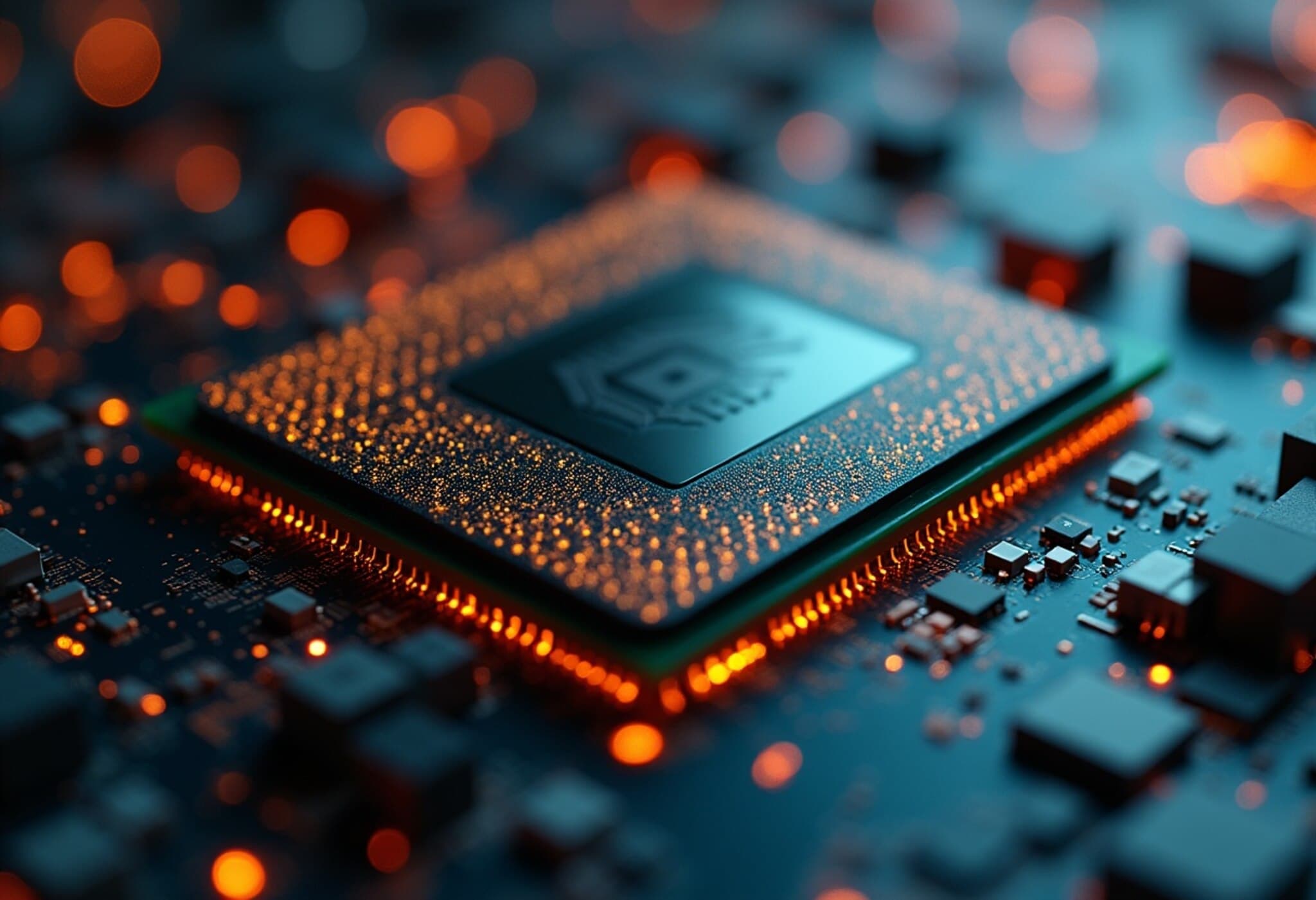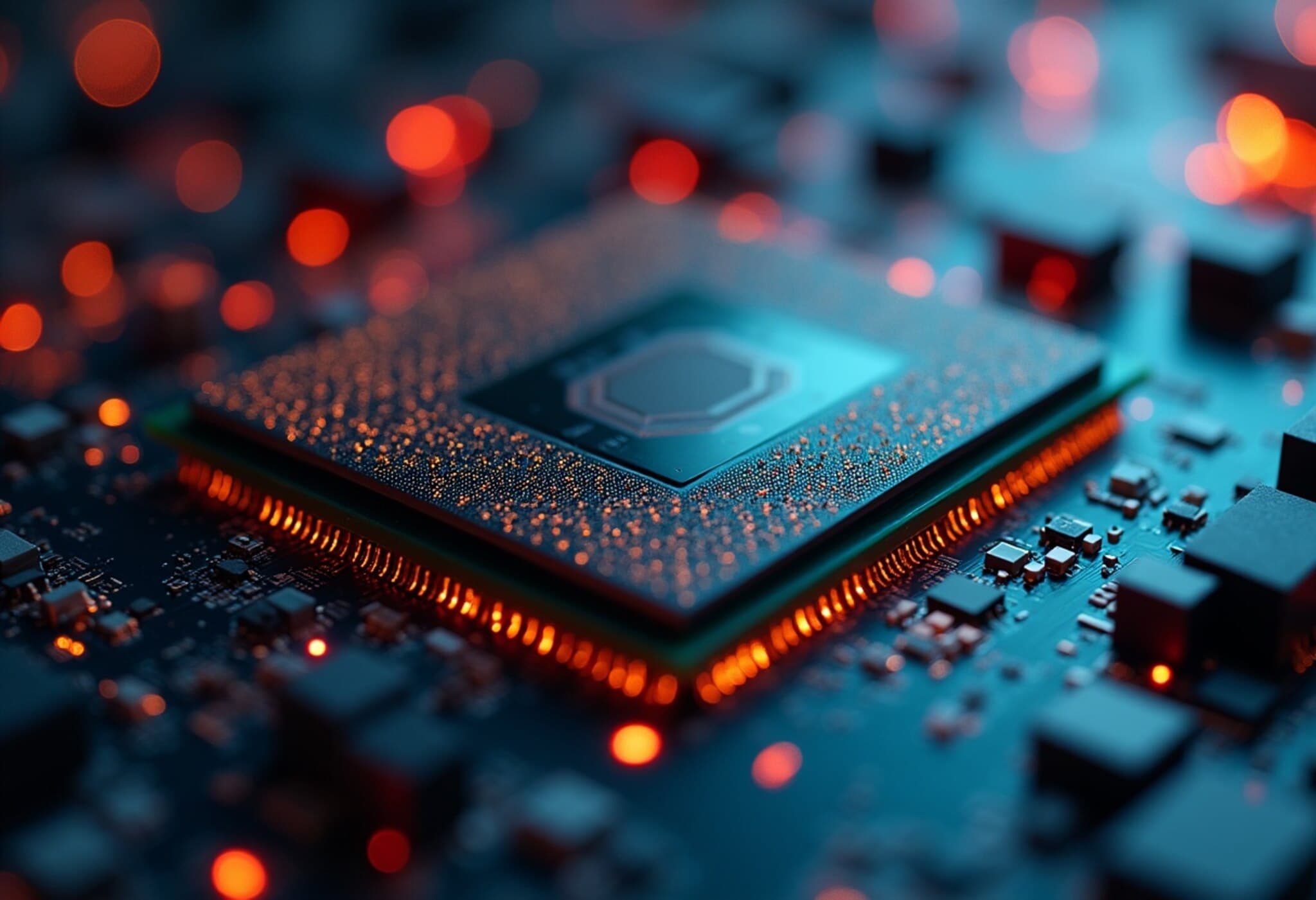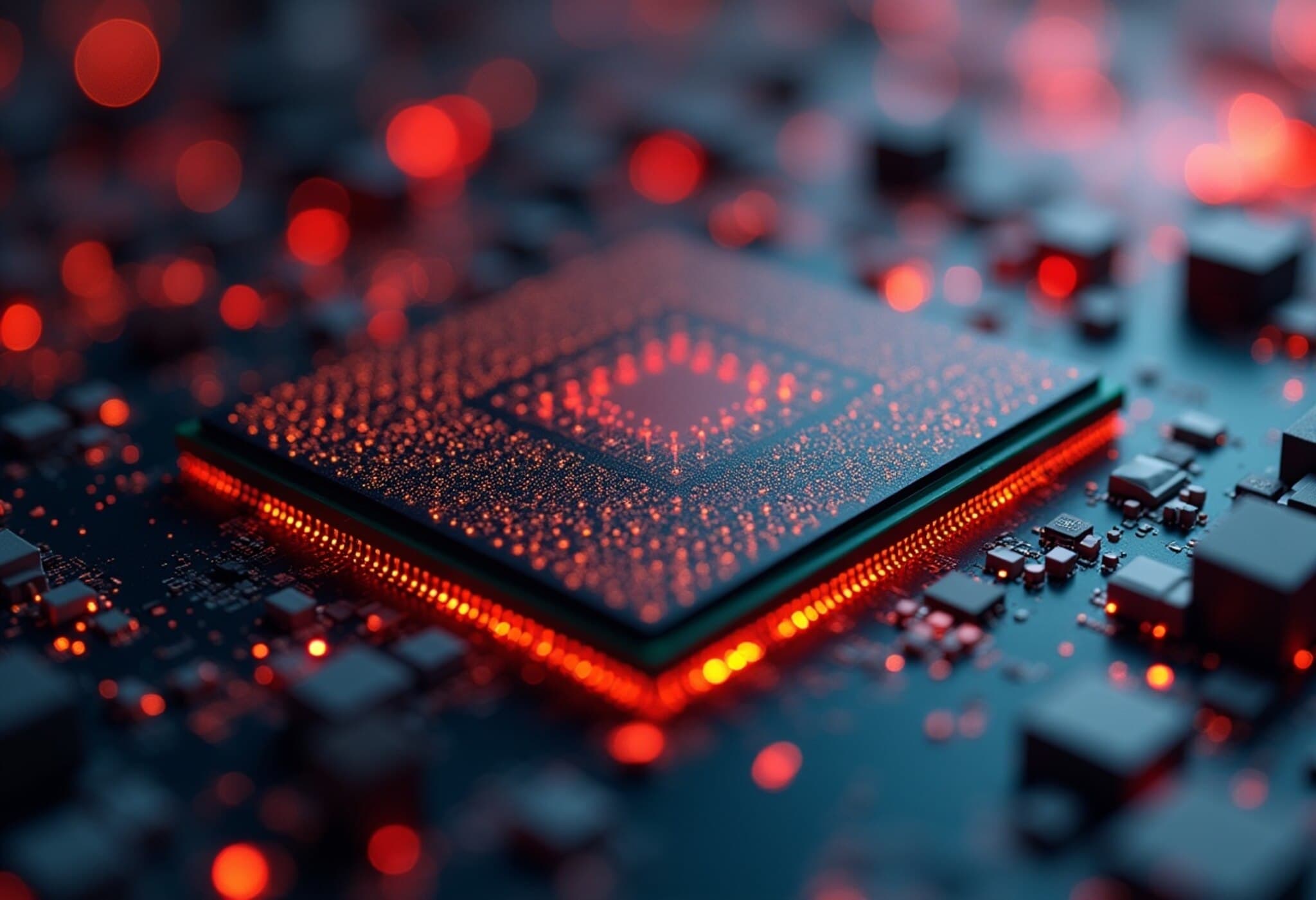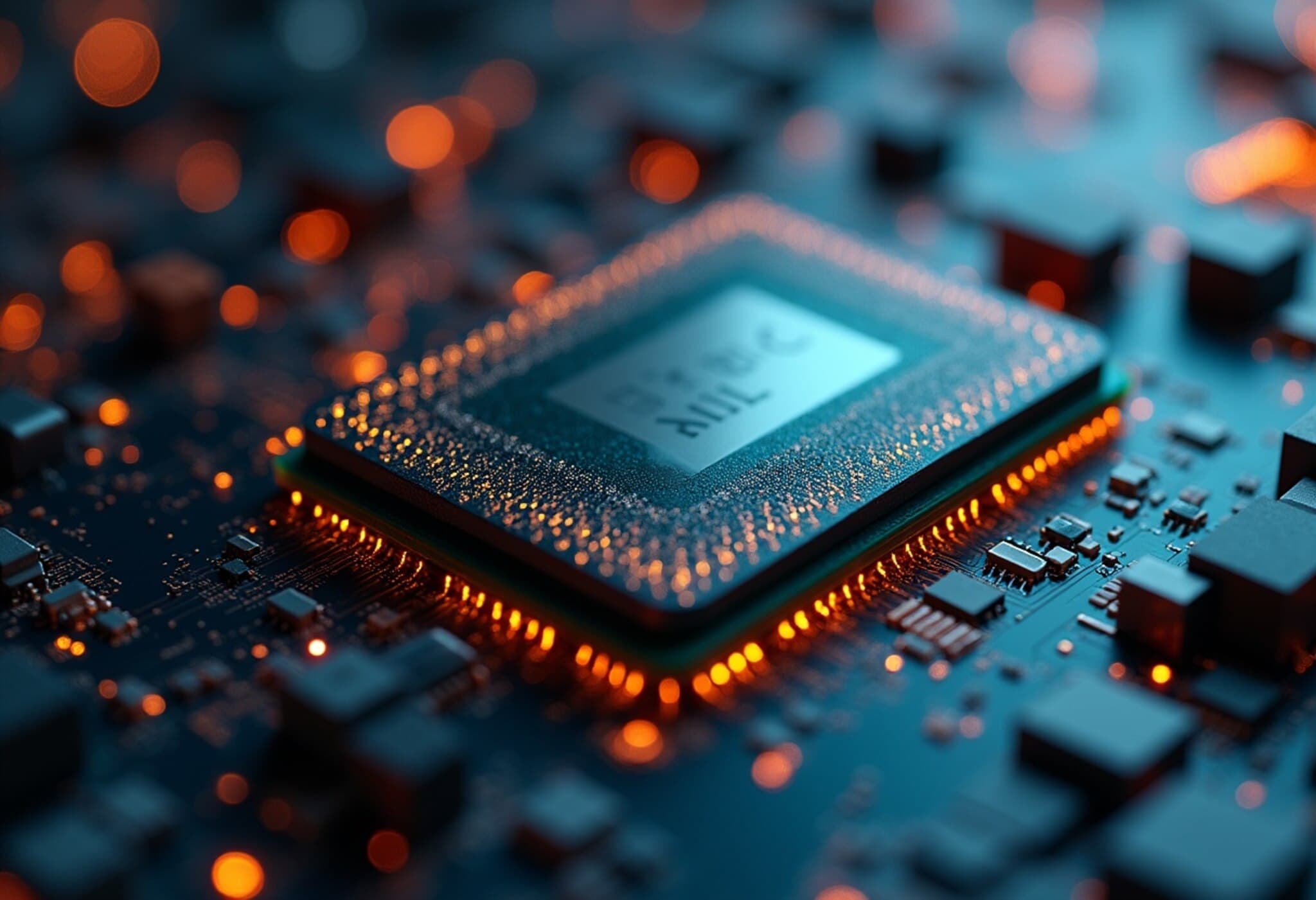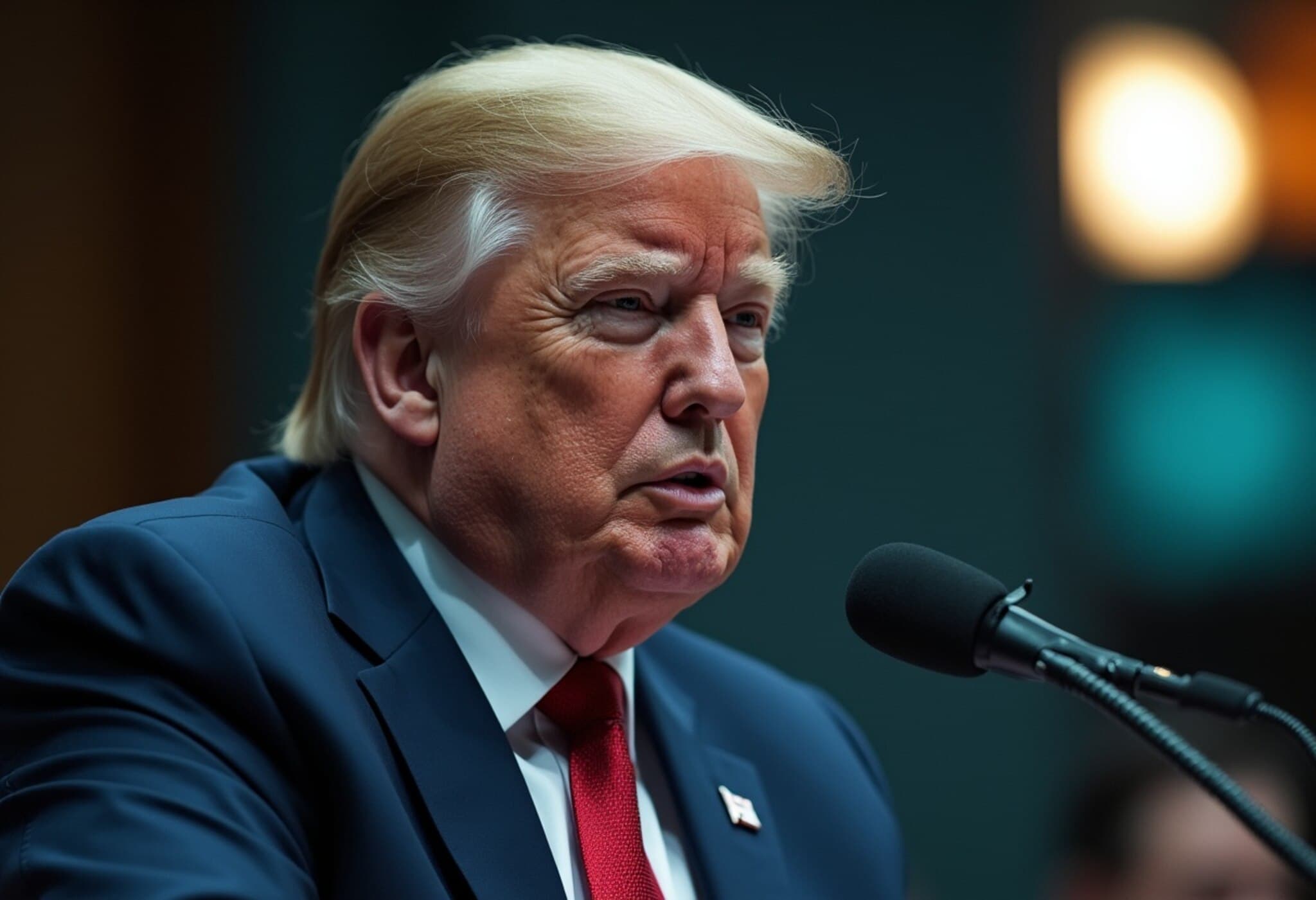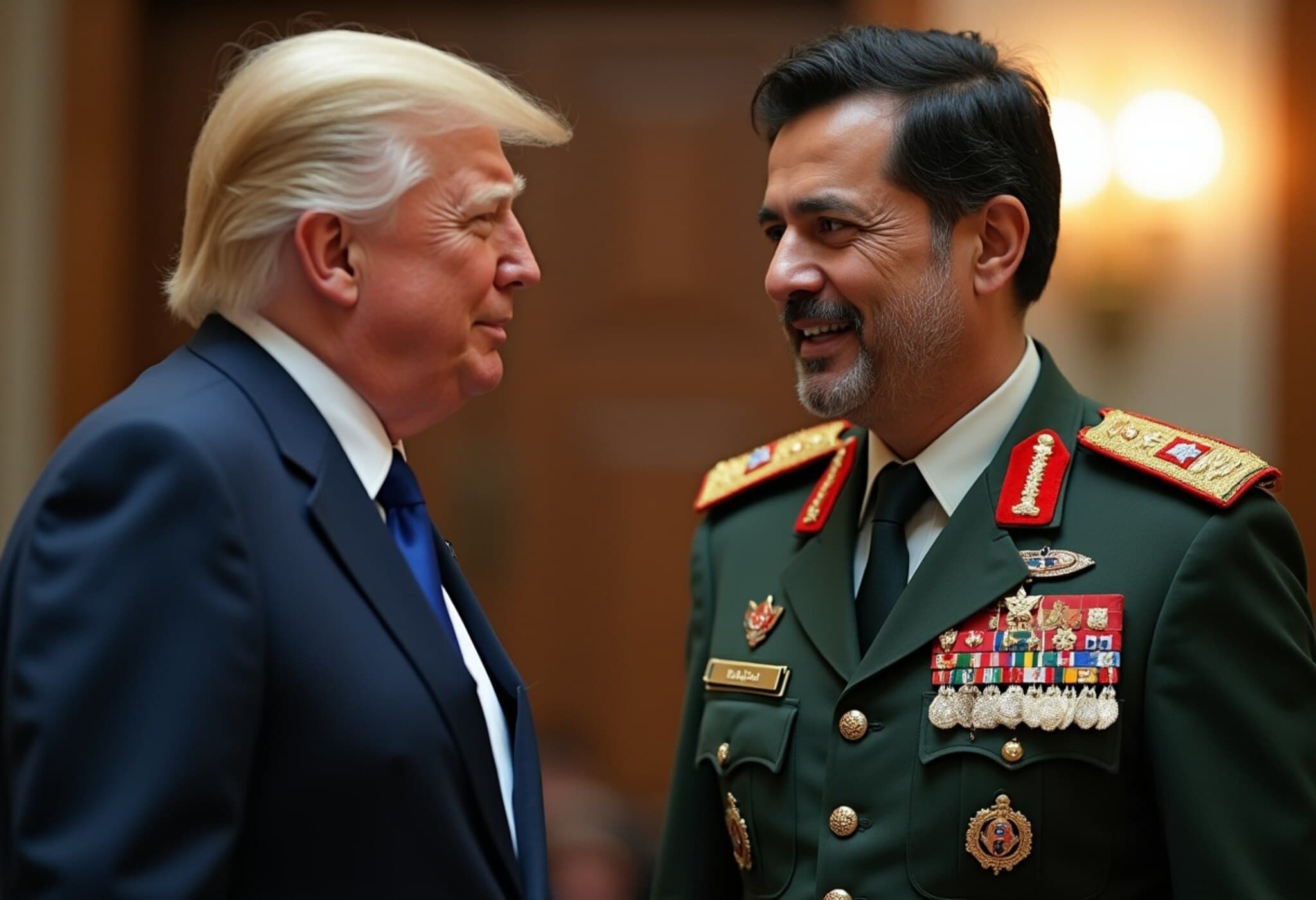Chinese State Media Expresses Security Concerns Over Nvidia H20 Chips
In a recent surge of tension between U.S. technology firms and Chinese regulators, China’s state-affiliated media has publicly cast doubt on the safety and technological merits of Nvidia’s H20 artificial intelligence chips. This development unfolds amid an ongoing backdrop of geopolitical maneuvering over chip technology and national security.
Backdrop: Nvidia’s H20 Chips and Export Restrictions
The Nvidia H20 chips were specifically developed to serve the Chinese market after the United States government imposed stringent export controls on advanced artificial intelligence hardware in late 2023. These restrictions initially banned sales of certain AI chips to China under the Trump administration, which highlighted growing concerns over technology transfer risks amid escalating trade tensions. Although the Biden administration reversed some of these bans in July 2025, the scrutiny remains intense.
Allegations Raised by Chinese Media
On August 10, 2025, Yuyuan Tantian, a WeChat account affiliated with China Central Television (CCTV), published a critical analysis suggesting that Nvidia's H20 chips are not only vulnerable to backdoor security risks but also fall short on technological innovation and environmental sustainability. The article emphasized, "When a type of chip is neither environmentally friendly, nor advanced, nor safe, as consumers, we certainly have the option not to buy it."
The term "backdoor" refers to covert methods that might allow unauthorized remote access or control, posing significant cybersecurity threats. China's cybersecurity regulator had summoned Nvidia officials on July 31, 2025, demanding explanations regarding these alleged risks. Nvidia has categorically denied any vulnerabilities, stating emphatically that their products contain no backdoors.
Official Chinese Media Demands Transparency and Security Proofs
Supportive commentary from People’s Daily, the official newspaper of China’s Communist Party, intensified the pressure on Nvidia earlier this month. It called on Nvidia to present convincing security assurances to alleviate Chinese consumer and governmental concerns. The publication suggested that regaining market trust hinges on the company’s ability to transparently demonstrate the integrity and safety of its AI chips.
Broader Implications for U.S.-China Tech Relations and AI Security
This dispute highlights the broader strategic contest between the U.S. and China in cutting-edge semiconductor technology—a sector seen as critical to economic dominance and national security. Concerns over backdoors are not merely technical but deeply tied to fears of covert intelligence gathering or sabotage amidst worsening bilateral relations.
For American technology providers like Nvidia, these accusations raise complex challenges. They must balance compliance with U.S. export policies, address legitimate security concerns, and navigate Chinese regulatory environments that can be politically charged. Meanwhile, Chinese firms are under pressure to develop competitive domestic alternatives amid growing mistrust of foreign technology.
Environmental and Technological Critiques: A New Front?
Interestingly, Chinese state media also questioned the ecological footprint and technological edge of Nvidia’s chips—areas often underreported in the discourse dominated by security issues. This adds a fresh lens, suggesting China is framing the competition not just in security terms but also in innovation quality and sustainability, increasingly relevant in global supply chains.
Looking Ahead: What to Watch
- Regulatory Responses: Will Chinese authorities impose tighter restrictions or certification requirements on foreign AI chips?
- Market Impact: Could this negative publicity tilt Chinese enterprises toward domestic chipmakers?
- U.S. Policy Reactions: How might Washington adjust export controls or diplomatic engagement to address mutual concerns?
- Industry Standards: Will this controversy prompt clearer international standards for AI chip security and transparency?
In an age where semiconductors underpin everything from AI innovation to national defense, the Nvidia H20 chip saga underscores the intricate web of trust, technology, and geopolitics shaping the future of global tech markets.
Editor’s Note
This episode illustrates how high-tech products—particularly those serving AI and data-critical industries—have become focal points of strategic distrust between major global powers. Beyond outright bans or trade wars, narratives around safety, innovation, and environmental impact are now potent tools shaping market access and consumer perception. Observers should ask whether these security concerns are driven purely by technical realities or also influenced by broader competitive dynamics. The answers carry profound implications for the future of international technology cooperation and sovereignty.

